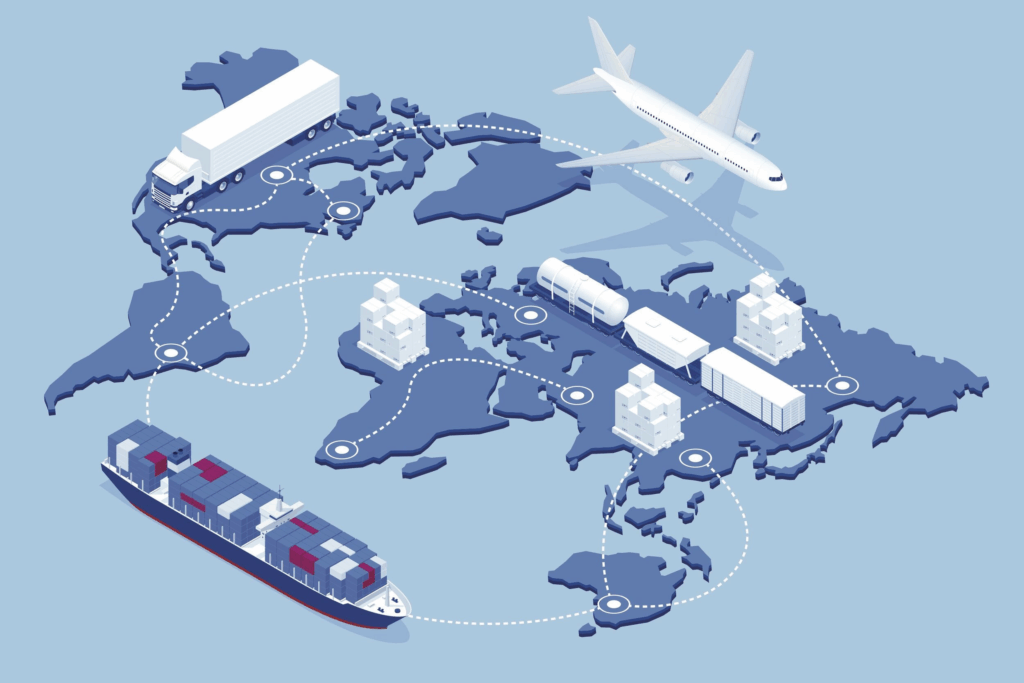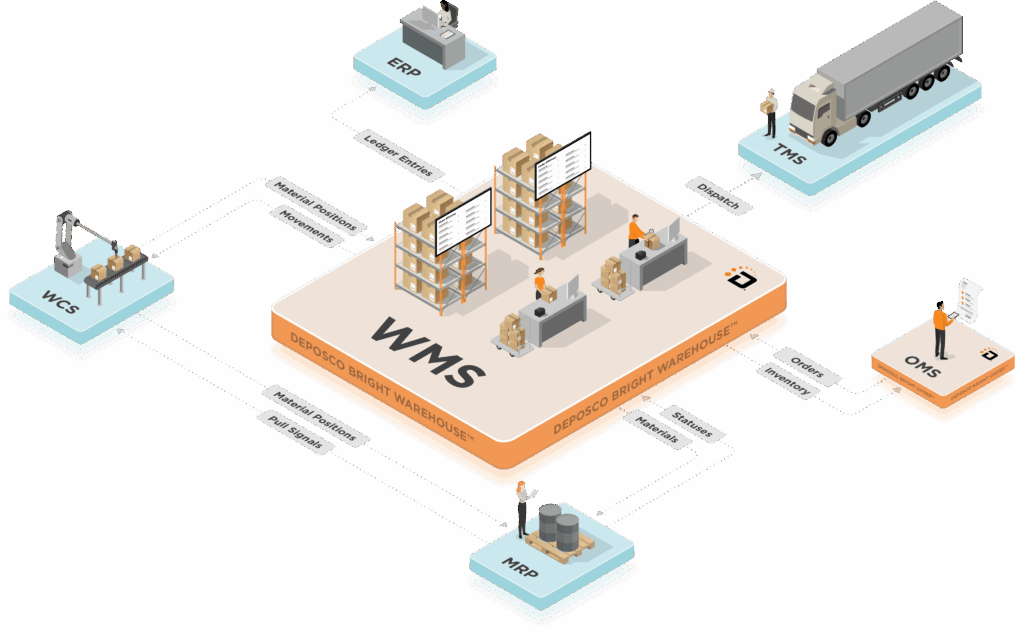Why Logistics Providers Should Adopt GS1 Standards
As global e-commerce expands, logistics providers face more complex challenges with accuracy, speed, and transparency. One powerful solution that helps streamline operations and boost efficiency is adopting GS1 standards. These global standards provide a unified framework for product identification, traceability, and data exchange, making them essential for any logistics provider seeking to thrive in the modern supply chain landscape.
In this post, we’ll explore why adopting GS1 standards benefits logistics providers and their key advantages in improving operations, customer satisfaction, and regulatory compliance.

What Are GS1 Standards?
GS1 is an international organization that creates and maintains standards for business communication, specifically in product identification and supply chain management. Some of the most widely recognized GS1 tools include:
- GTIN (Global Trade Item Number): A unique identifier for products sold in stores or online.

- SSCC (Serial Shipping Container Code): Identifies logistics units or shipments.

- GLN (Global Location Number): Identifies locations such as warehouses, stores, or offices.

- GS1 DataMatrix: A compact 2D barcode containing detailed information for small packages.

By using these identifiers, logistics providers can track, manage, and communicate more effectively at every stage of the supply chain.
Key Benefits for Logistics Providers
1. Enhanced Efficiency and Accuracy
One of the most significant advantages of GS1 standards is improving efficiency and data accuracy. Logistics providers can automate data capture by implementing barcode technology and RFID tags, reducing manual entry errors and speeding up inventory processing. This ensures fewer mistakes, faster updates, and streamlined operations, significantly saving time and cost.
2. Better Traceability and Transparency
Customers and businesses alike demand visibility into the supply chain. GS1 standards ensure that logistics providers can track products from production to delivery. This traceability increases transparency, making it easier to monitor the movement of goods and meet regulatory requirements. The ability to trace a product’s journey also helps reduce fraud and inventory discrepancies.
3. Global Compatibility and Interoperability
As logistics operations expand globally, working with various partners and stakeholders across countries can create challenges due to differing data formats, languages, and systems. GS1 standards provide universal compatibility—they are used in over 100 countries, making cross-border logistics smoother and more efficient. With these standards, logistics providers can easily exchange data with partners, regardless of location or system used.
4. Regulatory Compliance
In industries such as healthcare, pharmaceuticals, and food, strict regulations are in place for tracking products and ensuring compliance with safety standards. GS1 standards help logistics providers meet these regulations with proven, globally recognized solutions. For example, the Drug Supply Chain Security Act (DSCSA) in the U.S. and the Food Safety Modernization Act (FSMA) require stringent tracking and traceability of products. By adopting GS1, logistics providers can ensure they meet these requirements without additional complexity.
5. Cost Savings and ROI
While implementing GS1 standards requires an initial investment in barcoding systems, the long-term benefits outweigh the costs. Reducing errors, enhanced inventory management, and faster processing times all contribute to cost savings. Moreover, fewer product returns and increased customer satisfaction help businesses achieve a higher ROI over time.

How GS1 Standards Help Customers
Adopting GS1 standards not only benefits logistics providers but also delivers tangible value to customers:
- Faster Deliveries: The increased efficiency of tracking and managing goods leads to quicker order fulfillment and delivery times.
- Improved Product Availability: Better inventory control ensures products are in stock and ready for customers when needed.
- Confidence in Product Safety: With full traceability and visibility, customers have greater confidence that their products are safe, compliant, and authentic.
Conclusion: GS1 Standards as a Strategic Advantage
In today’s competitive global market, logistics providers must improve operational efficiency, reduce costs, and enhance customer satisfaction. GS1 standards provide the framework necessary to achieve these goals, offering benefits like better traceability, reduced errors, and easier integration with international partners.
Adopting these standards isn’t just about meeting current industry demands—it’s about positioning your business for future growth. With increased transparency, regulatory compliance, and cost savings, GS1 standards are a game-changer for any logistics provider looking to scale operations, optimize the supply chain, and enhance their service offerings.
Ready to Implement GS1 Standards?
At PostalParcel, we offer logistics solutions that integrate seamlessly with GS1 standards, helping your business navigate the complexities of global supply chains while ensuring efficiency, compliance, and customer satisfaction.
Industry Insights
news via inbox
Nulla turp dis cursus. Integer liberos euismod pretium faucibua








